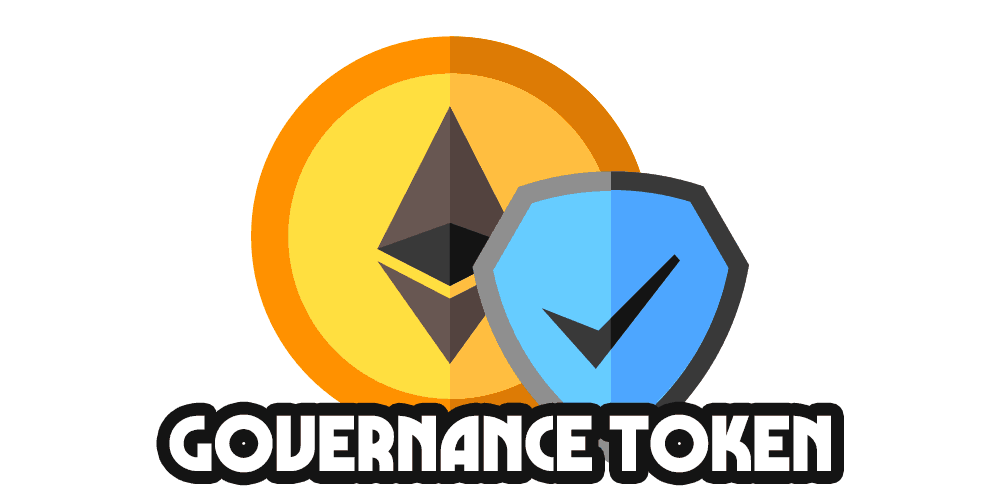Governance tokens enable holders to participate in voting on matters that oversee the progress and functioning of a blockchain project. It allows projects to involve their communities in decision-making, promoting a decentralized governance model that aligns the interests of token holders with the project.
Learn more about it?
Traditional companies often have a board of directors or a small group of individuals who make important decisions. This type of governance is known as centralized governance. Typically, the boards of the largest companies consist of about 10 members. These directors have significant influence over the company’s operations. They have the authority to appoint or dismiss key executives, determine which projects to invest in, and establish the company’s overall strategy.
Governance tokens provide an alternative method for governing organizations, particularly for DAOs and DeFi. They promote fair, decentralized, and transparent governance, where each token typically equals one vote. The purpose of these tokens is to unite communities and support the healthy growth of blockchain projects.
How Does It Work?
Governance tokens play a vital role in achieving decentralized governance in DAO, DeFi, and DApp projects. These tokens are commonly given to dedicated users as a reward for their loyalty and contributions to the community. Token holders then participate in voting on important matters to ensure the projects’ strong growth. Usually, voting occurs through smart contracts, which automatically implement the results.
MakerDAO, an Ethereum-based DAO, was one of the first to introduce governance tokens. These tokens, known as MKR, are used to govern the Maker Protocol. Each MKR token represents one vote, and the decision with the highest number of votes is implemented. Token holders use their votes to make decisions on various matters, including team appointments, fee adjustments, and the adoption of new rules. The main goal is to maintain the stability, transparency, and efficiency of MakerDAO’s stablecoin, DAI.
Compound is a DeFi platform where people can lend and borrow cryptocurrencies. It has a token called COMP that lets users vote on important matters. The more you lend and borrow on Compound, the more COMP tokens you get.
Just like MakerDAO, each COMP token represents one vote. Users can also transfer their tokens to others to vote on their behalf. In 2020, Compound gave up control of the network’s admin key. This means that the project is now fully governed by its token holders, with no alternative governance methods.
Decentralized exchange Uniswap and PancakeSwap, DeFi lending platform Aave, Web3 NFT community ApeCoin DAO, and virtual world platform Decentraland are some of the other important governance tokens.
Different projects have their own unique rules regarding the functioning of their governance tokens. These tokens are given to various stakeholders, such as the founding team, investors, and users, based on different calculation methods. Some governance tokens are limited to voting on specific governance matters, while others have a broader voting scope. Certain governance tokens can generate financial dividends, while others cannot.
Pros and Cons
Governance tokens offer several advantages. They can address the issue of conflicting interests commonly found in centralized governance. By utilizing governance tokens, decentralized governance empowers a wide range of stakeholders, ensuring that the interests of both users and the organization are aligned.
Governance tokens have another benefit of fostering active, cooperative, and tight-knit communities. Each token owner is motivated to participate in voting and enhance the project. Since one token generally equals one vote, it promotes fair and just decision-making. Any token holder can propose a vote, and all the voting details are transparent, reducing the possibility of dishonesty.
Government tokens face a major issue known as the “whales problem.” Whales are individuals who possess a substantial amount of a specific cryptocurrency. If the top whales in a crypto project own a significant portion of its governance token supply, they could influence the voting outcomes in their favor. It is crucial for projects to ensure that token ownership is decentralized and evenly spread out.
Fair distribution of governance tokens doesn’t always ensure that the decisions made are in the best interest of the projects. One-person, one-vote systems have had mixed results in the past, with some cases where token holders voted to benefit the founders and big investors over the wider community.
Conclusion
Governance tokens are currently in the initial phases of growth. They have played a key role in the expansion of numerous DeFi and DAO projects. By granting voting rights for decision-making, these tokens are essential for promoting decentralization.
The concept of one token, one vote prioritizes users and the community, as long as the tokens are fairly distributed among community members. Governance tokens have the potential to grow further in the future. User-owned networks, Web3 projects, and games might embrace governance tokens to create livelier decentralized ecosystems.
